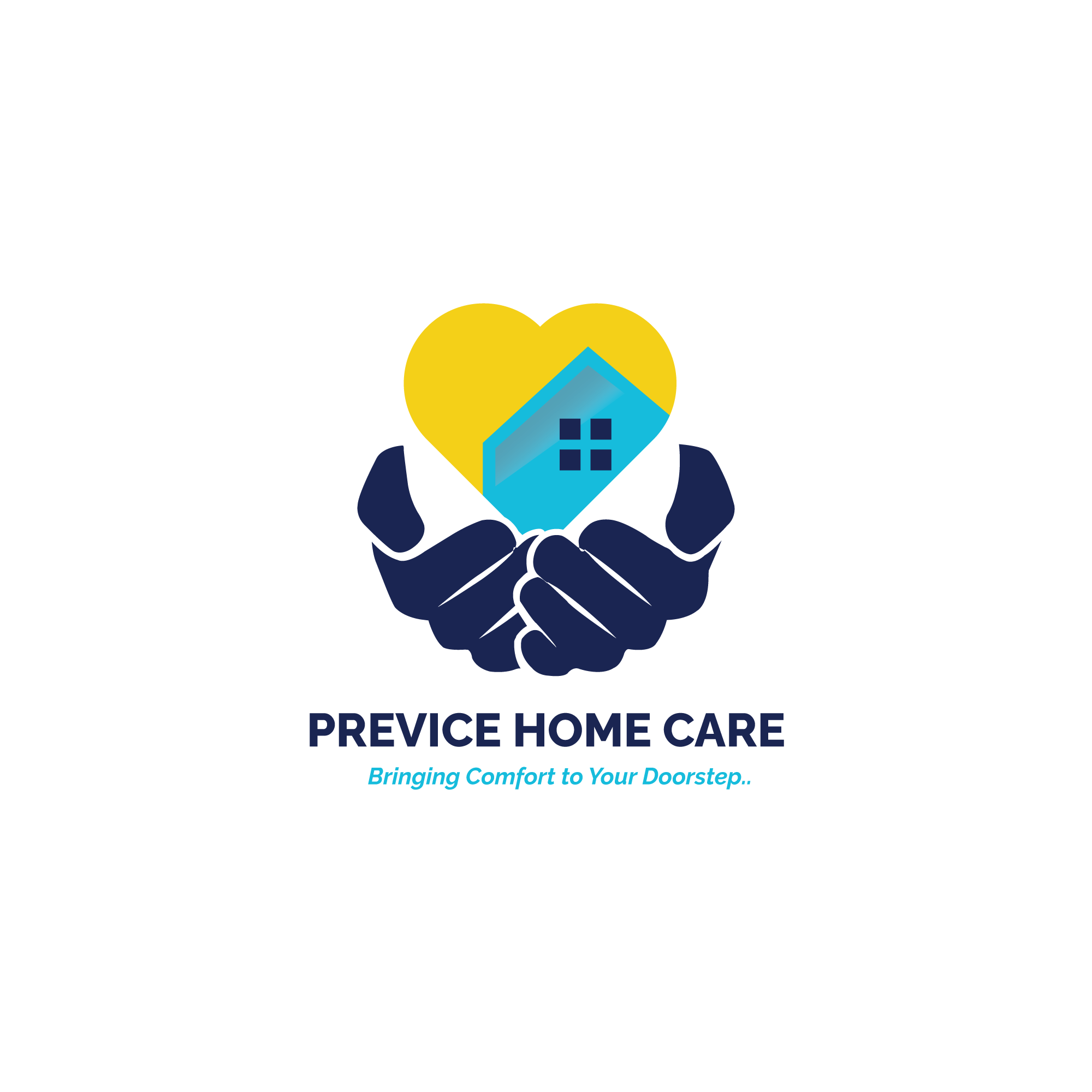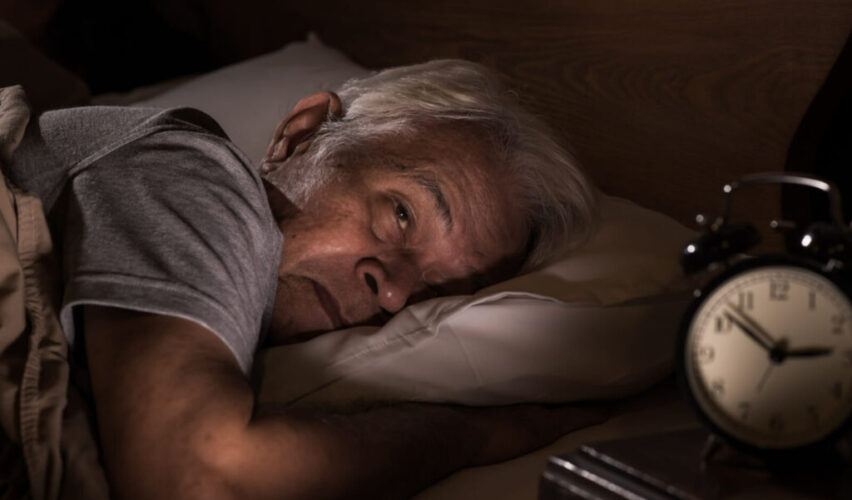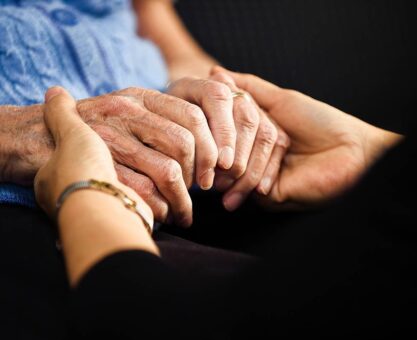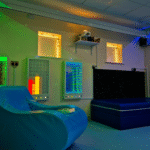How to Increase Deep Sleep in Elderly: The Silent Struggle with Sleep
How to increase deep sleep in elderly adults is one of the most important questions in senior care today. Quality sleep is essential to a vibrant, healthy life, yet many older adults quietly struggle to get enough of it. Whether it’s difficulty falling asleep, frequent awakenings, or early rising, disrupted sleep is a common issue. Over time, this can take a toll on mood, memory, physical health, and overall well-being.
At Previce Care, we understand that sleep challenges aren’t just part of getting older, they’re signals that deserve attention, care, and solutions. With the right support and a few practical adjustments, seniors can rediscover the deep, restful sleep they deserve.
Why Seniors Struggle with Sleep
Sleep patterns naturally change with age, but chronic insomnia or disrupted sleep is not inevitable. Several factors often contribute to poor sleep in older adults, including:
- Medical conditions such as arthritis, chronic pain, heart issues, or restless leg syndrome.
- Medications that may interfere with natural sleep rhythms.
- Lifestyle changes like reduced daytime activity or irregular sleep schedules.
- Mental health concerns such as anxiety, depression, or grief.
- Environmental factors like noise, light, or temperature discomfort.
- Identifying the root cause is the first step to finding effective solutions.
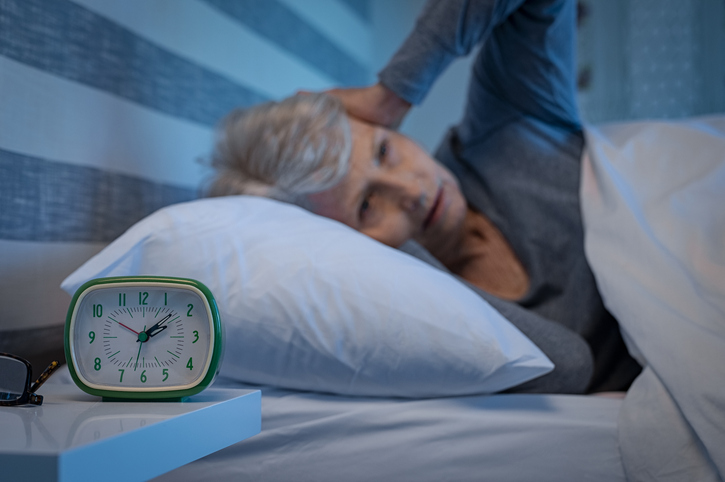
Old woman suffering from migraine unable to sleep during the late night. Elderly woman in bed ill and suffering from sleeplessness and insomnia. Closeup of alarm clock showing time with senior woman unable to sleep in background.
The Consequences of Poor Sleep
When seniors don’t sleep well, the effects ripple into every aspect of life. Poor sleep can lead to:
- Daytime fatigue and reduced energy.
- Heightened risk of falls and injuries.
- Difficulty concentrating or remembering things.
- Mood swings and irritability.
- Weakened immune function and slower healing.
These consequences make sleep a cornerstone of both physical safety and emotional well-being. The effects show why learning how to increase deep sleep in elderly is not optional—it’s essential.
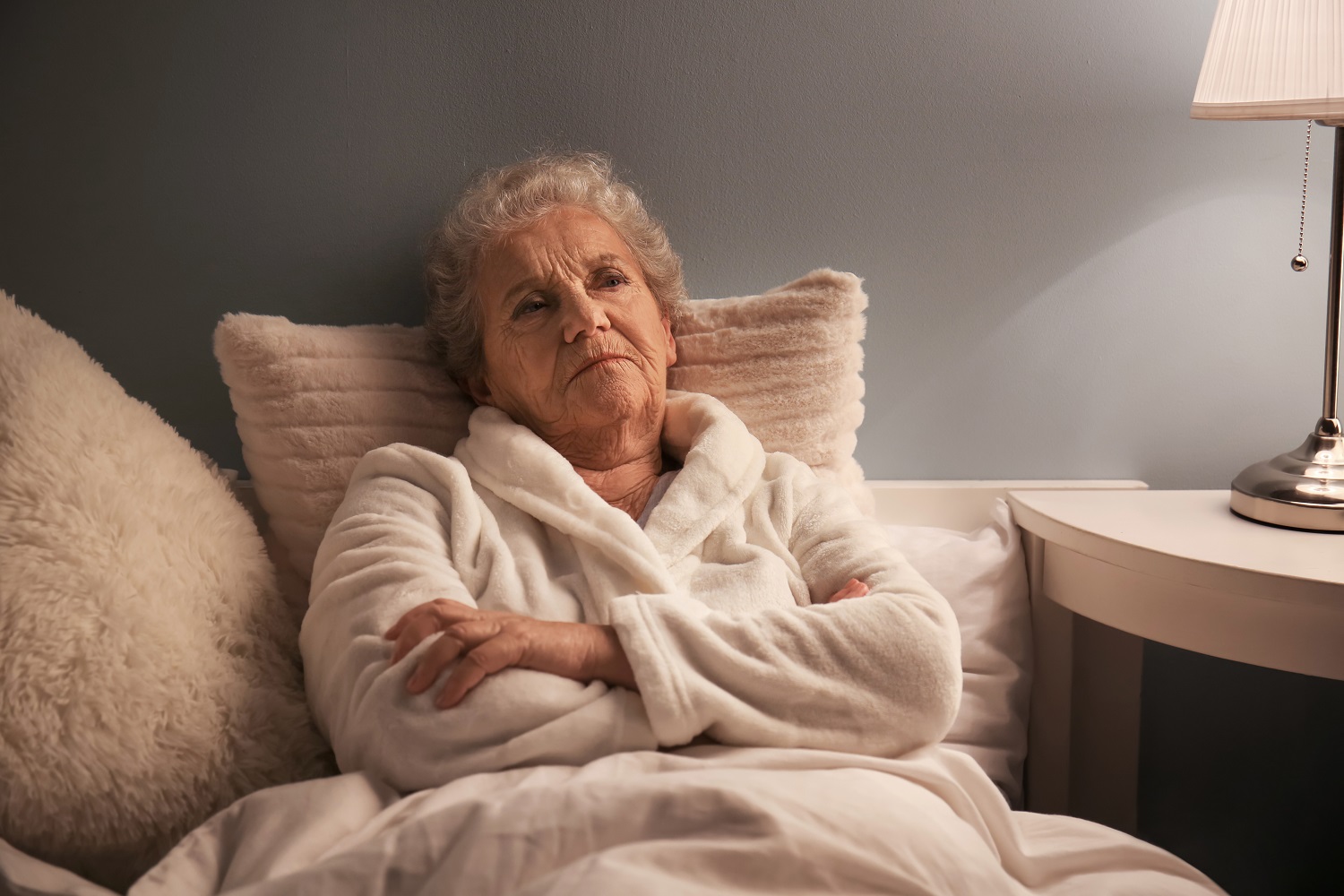
Evidence-Based Tips for Better Rest
Improving sleep quality doesn’t always require medication. Many evidence-based lifestyle and behavioral changes can make a powerful difference. Here are some proven strategies:
1. Establish a Consistent Sleep Routine
Go to bed and wake up at the same time every day even on weekends. A steady routine helps reset the body’s internal clock.
2. Create a Relaxing Sleep Environment
A dark, quiet, and cool bedroom sets the stage for restful sleep. Consider blackout curtains, white noise machines, or gentle fans. A supportive mattress and comfortable bedding also make a big difference.
3. Limit Naps During the Day
While a short nap can be refreshing, long or late naps can disrupt nighttime sleep. Try to limit naps to 20–30 minutes earlier in the day.
4. Stay Physically Active
Daily movement improves sleep quality. Encourage light exercises like walking, stretching, or chair yoga, preferably in the morning or early afternoon.
5. Watch What You Eat and Drink
Avoid heavy meals, caffeine, and alcohol late in the day. Opt for a light evening snack if hunger keeps you awake, but steer clear of spicy or sugary foods close to bedtime.
6. Use the Bed for Sleep Only
Help your body associate the bed with rest. Avoid watching TV or using mobile devices in bed, and only lie down when feeling sleepy.
7. Manage Stress and Anxiety
Gentle nighttime rituals such as deep breathing, meditation, or listening to calming music can ease the mind and prepare the body for sleep.

Elderly care stigma
When to Seek Professional Help
If sleep problems persist despite lifestyle adjustments, it’s important to talk to a healthcare professional. They may recommend sleep studies, medication reviews, or behavioral therapy like CBT-I (Cognitive Behavioral Therapy for Insomnia), which is proven effective for older adults.
At Previce Care, we work closely with families and seniors to ensure that underlying issues affecting sleep are recognized and addressed with empathy and expertise.
Final Thoughts: Rest is a Right, Not a Luxury
Good sleep is not just a nighttime goal; it’s a foundation for better days. By taking sleep concerns seriously and offering tailored support, families can help seniors live with more clarity, vitality, and joy.
Sleep well, live well because every senior deserves the peace of a restful night and the promise of a brighter tomorrow.
At Previce Care, we’re committed to helping every senior enjoy restful nights and vibrant days. Because how to increase deep sleep in elderly is not just a question—it’s a mission.
